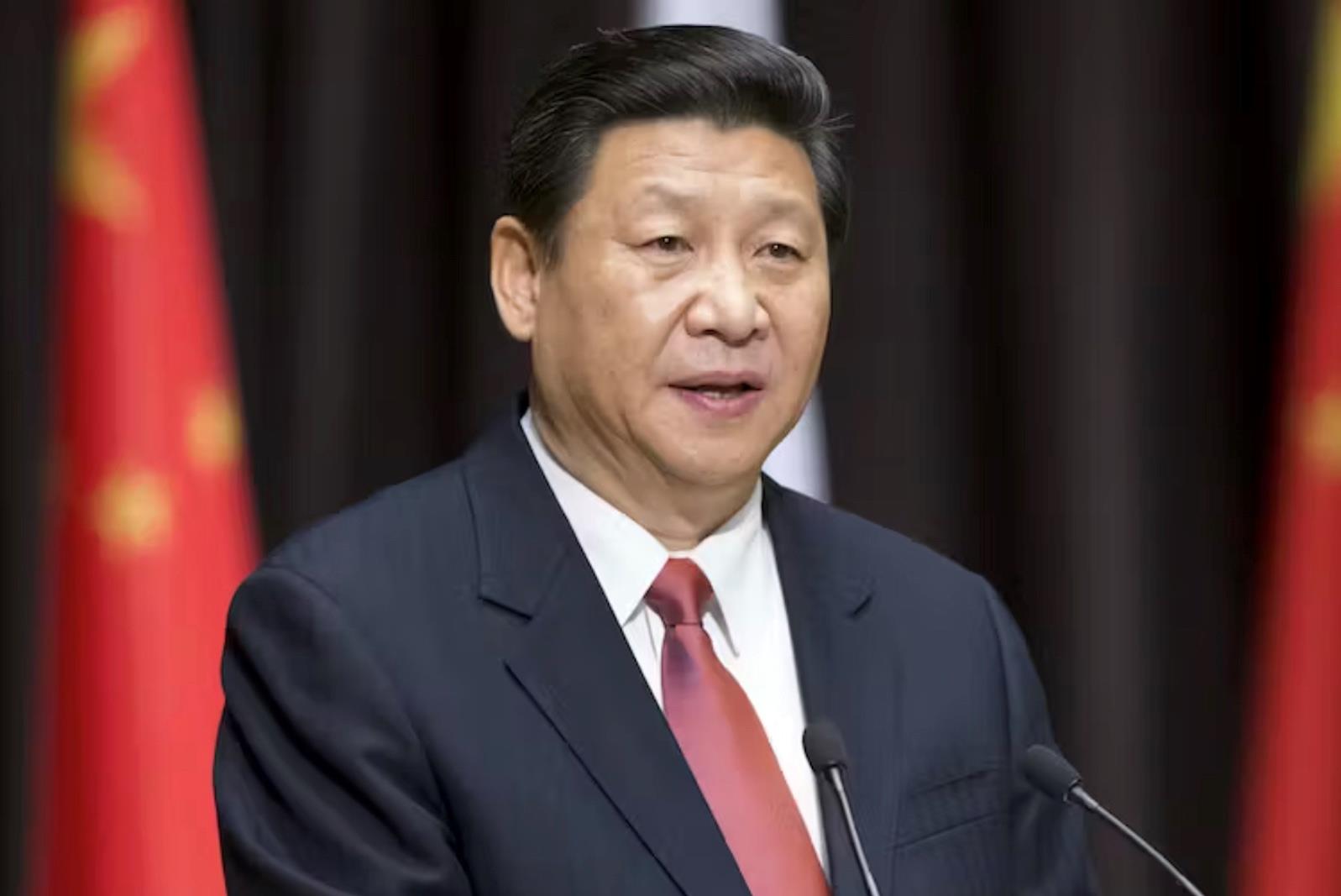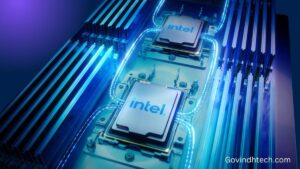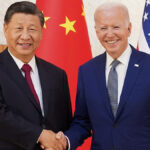Introduction:
China’s Origin Quantum computing endeavors have reached a significant milestone with the official launch of Wukong, a third-generation quantum computer developed by Hefei-based company Origin Quantum.
Despite the United States’ attempts to restrict China’s progress in quantum technology, Origin Quantum has successfully created a 72-qubit superconducting quantum chip using foreign machines.
Additionally, the company’s achievement challenges the effectiveness of U.S. export controls in this rapidly advancing field.
China’s Origin Quantum Chip Development Process:
Lithographic Technology:
Origin Quantum utilizes imported lithographic technology, specifically the MA/BA8 Gen4 mask aligner, manufactured by Germany’s SÜSS MicroTec.
SÜSS MicroTec, established in 1949, initially focused on optical instruments and later entered the photomask business, acquiring California-based Image Technology in 2001.
Coating and Oxidation Process:
The quantum chip undergoes a coating and oxidation process using the QBT-J four-chamber ultra-high vacuum (UHV) coating system, produced by Yuomao Technology, a Xiamen-based company founded in 2018.
Yuomao Technology received funding from Sequoia Capital in December 2021, a venture capital giant that later announced its split into three independent firms amid rising U.S.-China tensions.
Defect Checking:
The wafer is examined for defects using a rapid thermal processing machine, Real RTP 100, manufactured by the South Korean firm Real RTP.
Real RTP’s machine is capable of rapid thermal annealing and oxidation, heating a wafer to over 1,000°C for a few seconds to modify its electrical properties.
Read More: How Chipmaker Visa Proposes to Power Up America’s Semiconductor Talent Shortage – techovedas
Advanced Measurement and Defect Removal:
Origin Quantum has developed advanced technologies such as NDPT-100, China’s first non-destructive probe electrical measurement platform, and MLLAS-100 laser annealer, enhancing the detection and removal of defects in quantum chips.
Testing and Packaging:
The final steps involve testing and packaging, utilizing mature technology already present in China.
Export Controls and International Suppliers:
As of the article’s publication, there is no evidence suggesting that SÜSS MicroTec, Yuomao Technology, and Real RTP have violated U.S. chip export controls announced by the Commerce Department’s Bureau of Industry and Security (BIS) on October 7, 2022.
Some IT experts argue that the U.S. rules primarily target advanced computing or supercomputing chips, not quantum computing.
Production Scale and Industry Position:
Origin Quantum’s production line has been operational since early 2022, completing 1,500 batches of production in 2022.
The company shipped a 24-qubit quantum computer, making China the third country, after the U.S. and Canada, to build and deliver quantum computers.
China’s Origin Quantum Challenges and Future Prospects:
Zhang Hui, general manager of Origin Quantum, acknowledges China’s lag in quantum hardware compared to leading countries like the U.S.
Despite hardware challenges, Origin Quantum claims advantages in software and operating systems.
Read More: How Apple Inspires Windows to get AI engines in 2024 – techovedas
Conclusion:
Origin Quantum’s successful development of the 72-qubit Wukong quantum chip using foreign machines highlights China’s resilience in the face of U.S. restrictions. Moreover, as the global race for quantum supremacy intensifies, China aims to bridge the gap with leading nations, focusing on both hardware and industrial applications. Additionally,the landscape of quantum computing continues to evolve, with China’s achievements contributing to the dynamic competition in this groundbreaking field.








